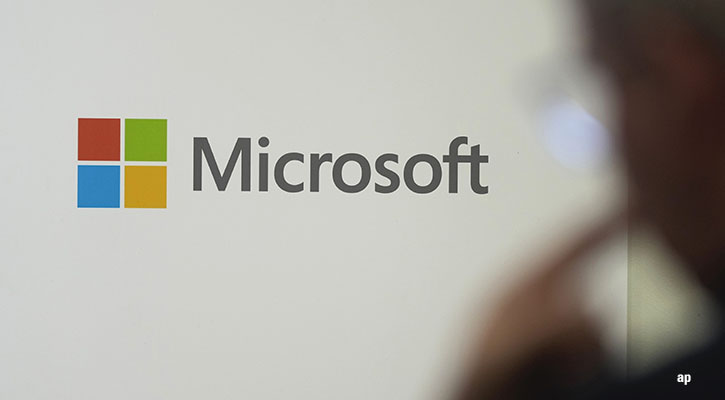A comparison of stock-market performances in various major countries throws up an interesting insight: Indian stocks typically rise more than peers in a bull market and fall more heavily in a down year.
Consider these statistics: Between 2003 and 2007, a period that symbolised a major run for stocks globally, the S&P 500 in the United States, the U.K.'s FTSE 100, Japan's Nikkei 225 and China's Shanghai Composite gained about 67%, 64%, 78% and 288% (in absolute terms), respectively. India's benchmark Sensex jumped 500% in the same period.
The story reversed in 2008 and, through the year, the S&P 500, FTSE 100 and Nikkei 225 fell 38%, 31% and 42%, respectively. The Indian market, along with its Chinese peer, was among the worst hit. The Sensex lost 52%, the Shanghai Composite slumped 65%.
Equities bottomed out globally in early 2009 and climbed until around the end of 2010 on average. In the two-year period, the returns for the above-mentioned indices were 39%, 33%, 15%, 54% and 113% for the S&P 500, FTSE, Nikkei, Shanghai Composite and Sensex, respectively.
Stocks across the globe have had a tough 2011 and it shouldn’t surprise anyone that the Indian market is among the worst performers of the year, losing about 21% so far to end-November.
Concerns Plaguing Indian Equities
Looking past the numbers, at the start of this year, it was clear Indian equities were richly valued, trading at a higher-than-historical-average trailing price-to-earnings ratio. At the global level, the European crisis that manifested itself in the latter part of the year and a clear sign of an economic slowdown across the globe weighed on stocks.
But closer to my Indian home, it was also concerns relating to stubbornly high inflation, led by rising commodity prices and supply-side bottle-necks, governance issues—several high-ranking policymakers and executives were jailed in an estimated $35-billion spectrum scam, and a tightening monetary policy to combat high inflation (the Reserve Bank of India has hiked key rates a staggering 13 times since 2010) that weighed on equities.
Where do things stand today? After a tough battle, inflation is finally showing signs of coming off, the government is cleaning up its act, allowing the federal investigative agency to go after its own administration officials named in the scandal and fast-track some much-needed economic reforms (at the time of writing, Parliament was heatedly debating allowing foreign retailers to set up store in the country).
On the other hand, the central bank's hawkish stance, while largely failing to tackle inflation, took a toll on economic growth. GDP growth in the third quarter fell to 6.9%, compared to 8.4% in the year-ago quarter.
Best and Worst Performers
In one year, average trailing price-to-earnings ratios for the benchmark Sensex have come down from a lofty 23 to about 16, which is the historical average. Small- and mid-cap stocks in the broader market have shed about 30% and 40%, respectively.
A key highlight since the 2009 rebound has been that those stocks and sectors that are low-debt, have robust balance sheets, generate strong cash flows and have a domestic-economy focus tended to outperform firms that had high debt. Between January 1, 2009 and November 30, 2011, the auto, consumer-durables, technology, healthcare and the FMCG (fast moving consumer goods) sectors gained between 28% and 52% on an annualised basis.
The highly-leveraged property and infrastructure sectors, leaders of the 2003-2007 bull run, are still to get into black. So when you feel it's time to buy equities, you may want to consider buying Indian stocks—those with a domestic-economy focus.
Nazim Khan is editor of morningstar.co.in, the Indian sister site of Morningstar.co.uk.






















